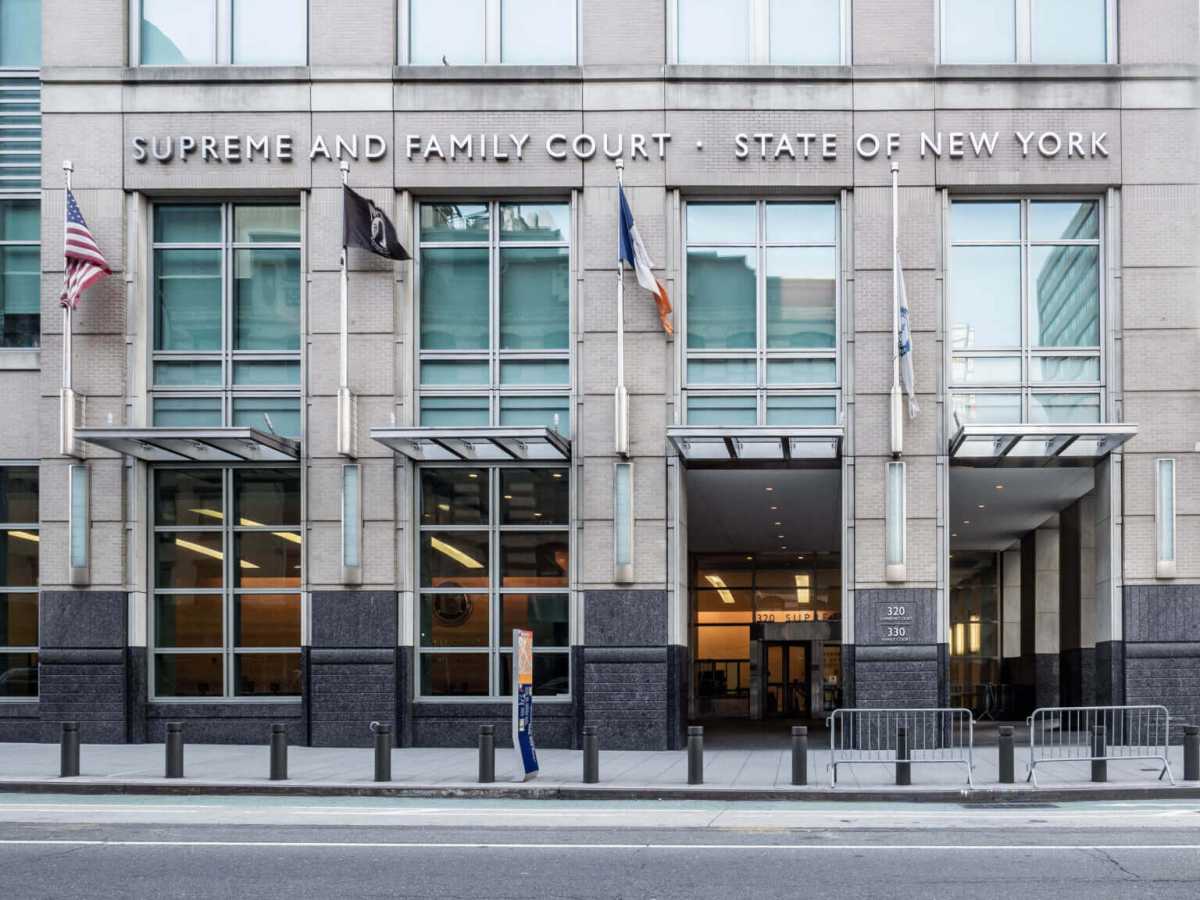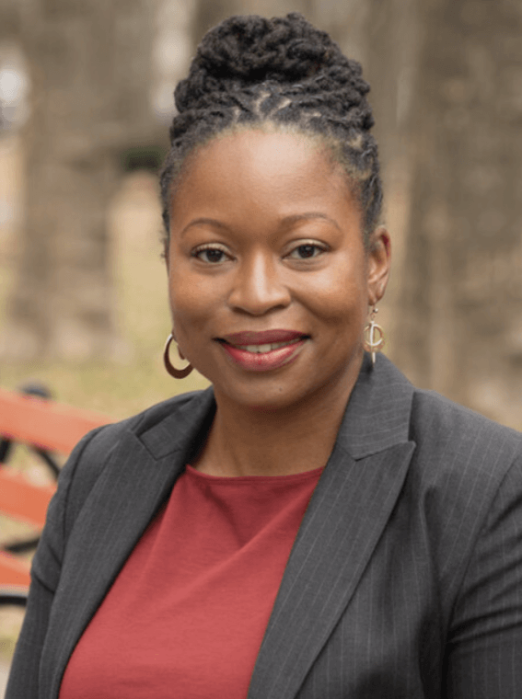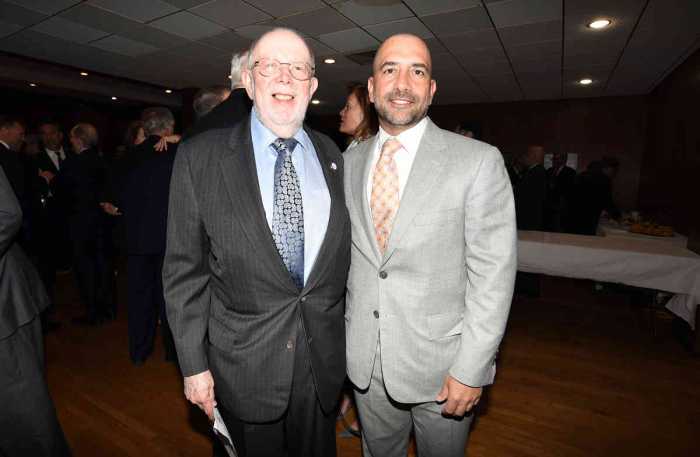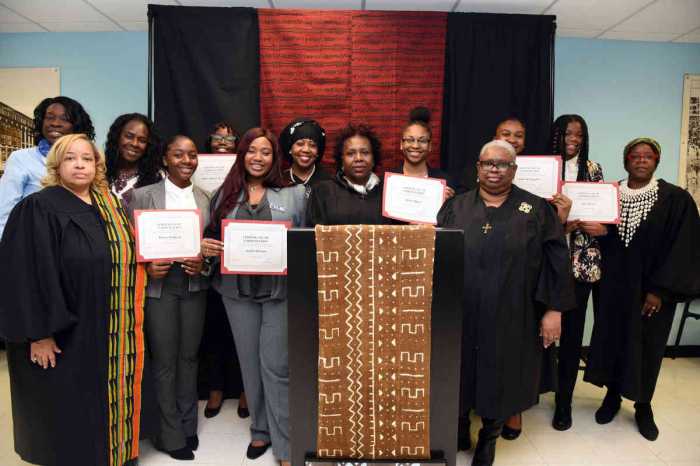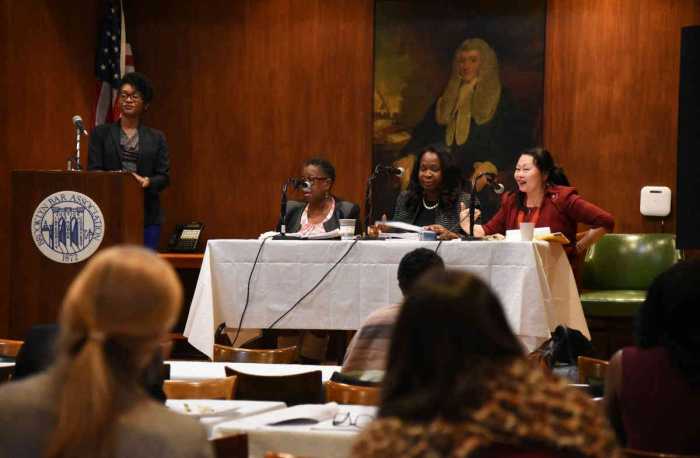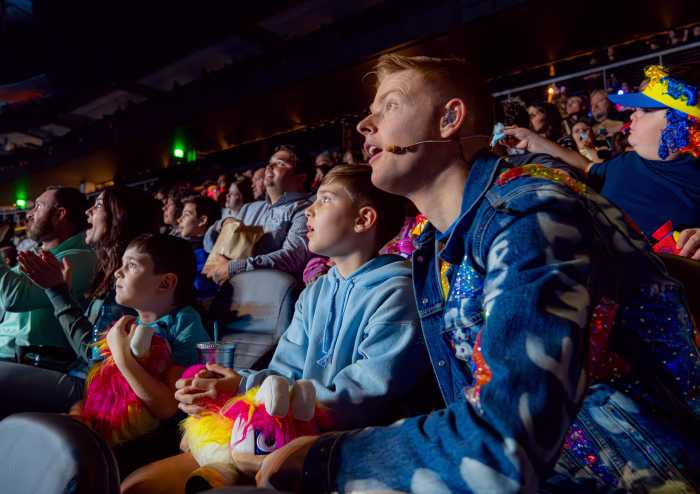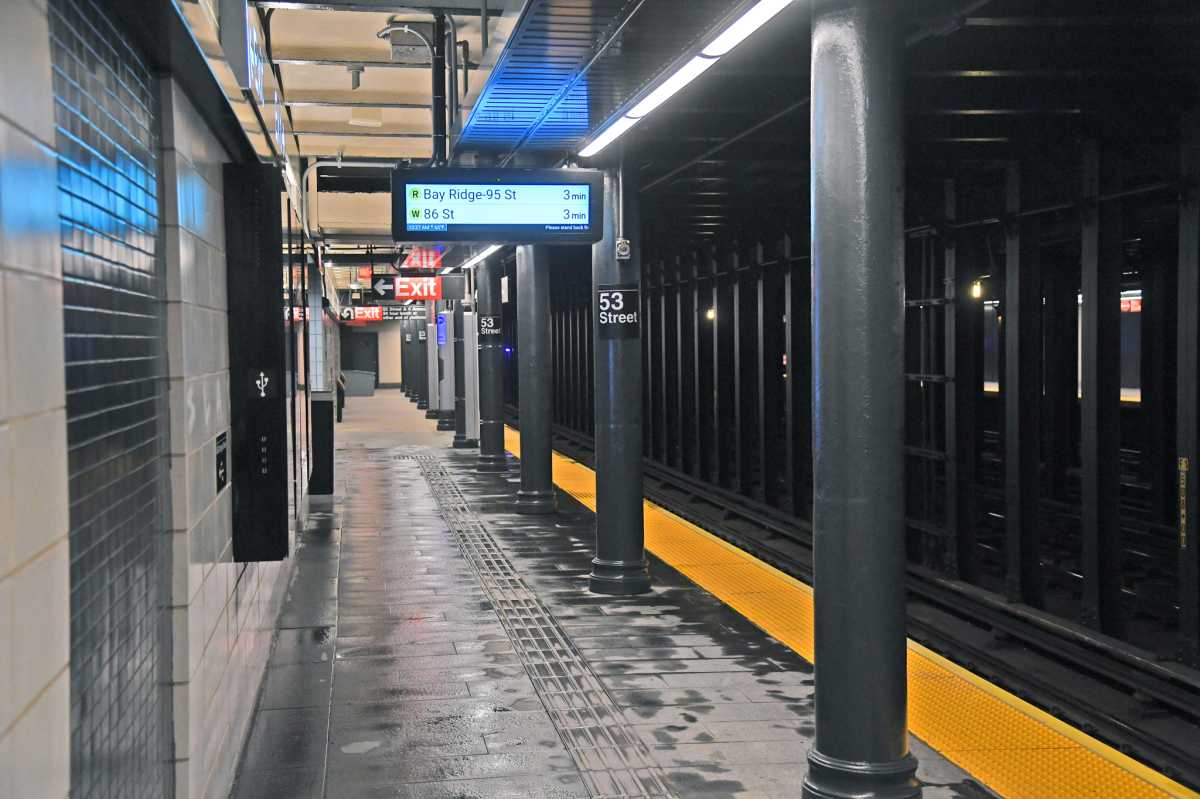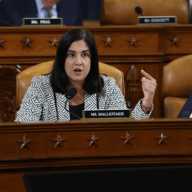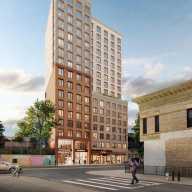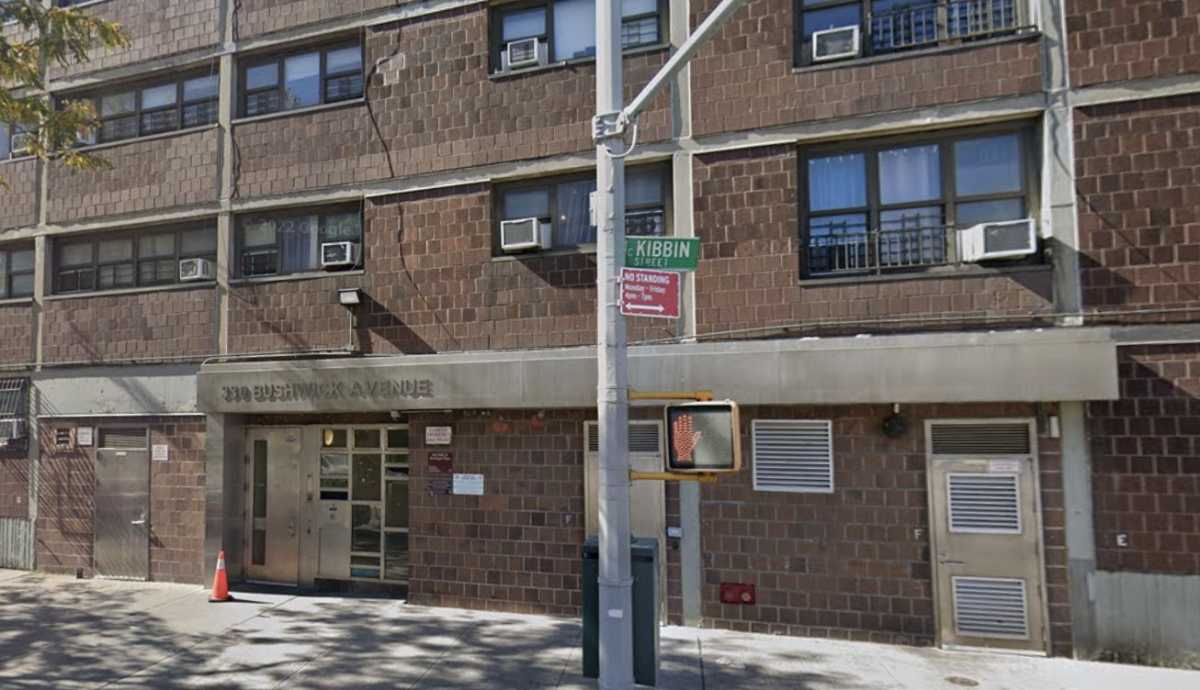Brooklyn is set to add two new judges to its bench in Supreme Court next year, after Albany lawmakers approved bills expanding the judiciary statewide to address chronic backlog.
The two new additions would bring the number of judges on the Brooklyn Supreme Court bench to 52, while also adding judges to the bench statewide. The legislation also adds four judges to New York City’s Family Court.
“We are pleased to have the additional Family Court judges, which in New York City would raise the number to 58,” said Lucian Chalfen, a spokesperson for the state court system, in a statement. “And outside of New York City the additional two Judges in Saratoga and Nassau also are a help.”
The new Supreme Court judges will be on the ballot in the November general election and the winners will be seated in January. Given Brooklyn’s overwhelming majority of registered Democrats, the winner is almost certain to be selected at the Brooklyn Democratic Party’s judicial nominating convention sometime this summer, where the nominees will be selected by elected judicial delegates.
“Justice delayed is justice denied, and expanding the number of judges on the Supreme Court and Family Court will clear backlogs for New Yorkers who depend on those courts,” said Brooklyn Democratic boss Rodneyse Bichotte Hermelyn in a statement.
The backlog already led to significant delays in the adjudication of cases in both Supreme Court — which handles felony criminal cases and civil cases with monetary damages exceeding $25,000 — and Family Court, which hears cases involving juveniles and family matters like custody disputes.
The situation was especially dire in Family Court: a January report by the Fund for Modern Courts found a backlog of thousands of cases waiting to be processed through the sausage machine. The Office of Court Administration reported to the Fund for Modern Courts over 11,000 “unfiled” cases plus 10,000 expected child support cases back in June 2021, when the court system was emerging from the pandemic. The backlog led to considerable delays and even forced Family Court to bring on hundreds of “volunteer” Supreme Court judges to hear custody cases, while referring other cases to Supreme Court outright.
Backlog leads to considerable delays for those attempting to adjudicate disputes; during the pandemic, many seeking child support or to resolve custody disputes were stonewalled and told their cases couldn’t be heard, as there was not an “emergency” basis to do so.
“Without child or spousal support for months on end, many families have experienced greater food and housing insecurity and dependence on public assistance,” the report reads. “Practitioners also reported that some victims of domestic violence felt compelled to remain in abusive or unsafe homes due to the lack of child support for their families.”
In addition to delays for litigants — which can last months or even years — the backlog has also limited the time judges have to review any individual case, and limited lawyers in how much time they can devote to a given client. Beyond that, the number of cases so outmuscles the ability of judges to hear them that many cases are not heard by judges at all, but by other court employees such as “magistrates,” “judicial hearing officers,” or even “referees.”
Chalfen noted that the legislation will also allow OCA to hire new magistrates and referees.


